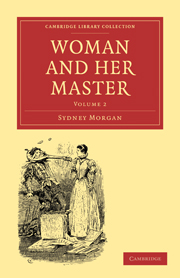Summary
The accession of Commodus to the throne of his father, amidst the acclamations of the senate and the armies, was an event the most disastrous for Rome and for humanity. For, though Commodus was not, perhaps, a “tiger let loose, with an insatiate thirst of human blood, and capable from his infancy of the most inhuman actions,” he had within him the sources of the darkest crimes, and most degrading vices,—that defective organization which neither feels nor sympathises,—and that feebleness of will, which leaves its possessor a prey to the corrupt, and a mimic follower of the vicious. “But his cruelty, which at first obeyed the dictates of others, degenerated into habit; and at length became the ruling passion of his soul.” His hatred to the senate and all good men; his murder of the wise and innocent Quinctilians (brothers,) and of his own corrupt favourite and minister, Perennis; his utter neglect of the affairs and interests of the empire, whilst he indulged in every vice, and “lived immersed in blood and luxury;” his rapacity, his avarice, and dissolute pleasures, which outraged the honour and happiness of the highest families; his love of the most brutal sports of the lowest of the people; his passion for hunting wild beasts, and the fearful and disgusting scenes in which the imperial gladiator passed his days,—are all rapidly passed over by the decency of modern historians; and, for the dignity of human nature, and the interests of society, they might best be forgotten, were they not necessary to account for the awful demoralization of the society of Rome at this disgusting epoch.
- Type
- Chapter
- Information
- Woman and her Master , pp. 236 - 250Publisher: Cambridge University PressPrint publication year: 2010First published in: 1840

